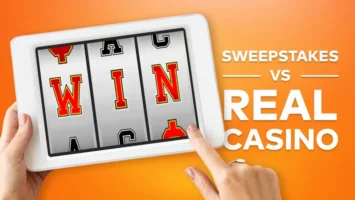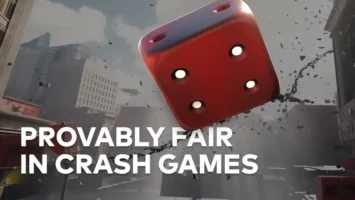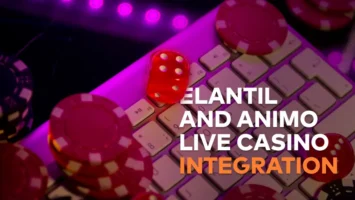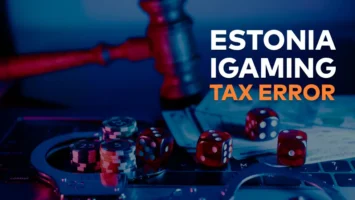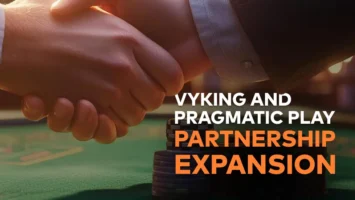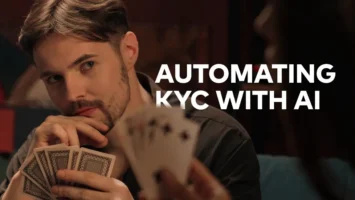Core features of NFT casino games – A fresh perspective
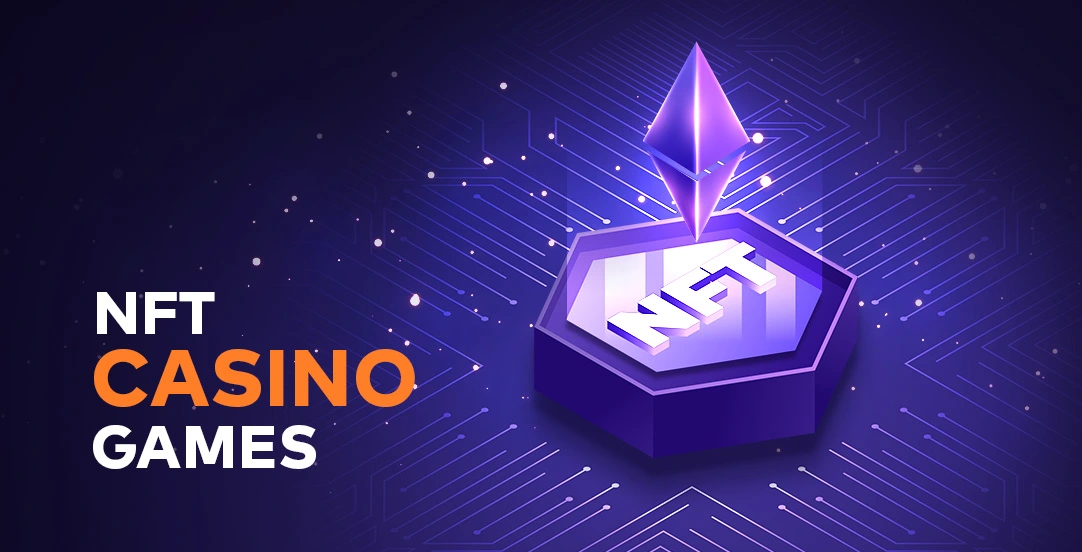
The world of online gambling is rapidly evolving with the integration of blockchain technology and non-fungible tokens (NFTs). In this new era, NFT casino games offer a fresh take on online gaming, providing players with true ownership, transparent transactions, and innovative ways to engage with digital assets. In this article, we explore the key aspects of NFT casino games development, the technology behind them, and the benefits for both players and developers.
True ownership of in-game assets
One of the standout features of NFT casino games is true ownership. Unlike conventional online casinos, where in-game items like chips or rewards are locked within the platform, NFT-based games use it to give players verifiable ownership of their digital assets. These assets – whether they’re poker chips, rare cards, custom avatars, or exclusive event passes—are uniquely theirs, stored securely on the blockchain.
This ownership isn’t just symbolic. Players can:
- trade their assets on external NFT marketplaces like OpenSea or Blur,
- sell them for cryptocurrency, potentially profiting from their rarity or demand,
- transfer them to other games or platforms, depending on compatibility.
For example, imagine winning a rare NFT slot machine jackpot token. In a traditional casino, it’s just a number on your screen. In an NFT casino, it’s a digital collectible you can keep, showcase, or sell. This redefines the casino experience, turning it into a player-driven economy where value extends beyond the game.
Blockchain and smart contracts – The backbone of trust
At the core of NFT casino games lies blockchain technology, which ensures transparency, security, and fairness. Every action – betting, winning, or trading an NFT – is recorded on a tamper-proof ledger, visible to all. This eliminates the black box feel of traditional online casinos, where players must trust the operator’s word.
How it works
Smart Contracts are self-executing programs on the blockchain that automate key processes:
- minting NFTs – creating unique digital assets for players,
- betting – handling wagers without intermediaries,
- payouts – distributing winnings instantly when conditions are met,
- popular blockchains – platforms often use Ethereum for its robust ecosystem, Solana for lightning-fast transactions, or Polygon for low-cost scalability.
Fairness guaranteed
To ensure random outcomes (crucial for games like slots or roulette), many NFT casinos integrate tools like Chainlink VRF (Verifiable Random Function). This provides cryptographically provable randomness, reassuring players that results aren’t rigged.
The development process – Building the future
Creating an NFT casino game is a multi-step journey that blends creativity with cutting-edge tech.
Concept and design
It starts with an idea: What makes this game unique? Developers decide how NFTs will enhance gameplay—perhaps players wager with NFT chips or unlock rare bonuses with special tokens. A detailed blueprint outlines:
- game mechanics (e.g., poker, slots, or blackjack),
- NFT integration (e.g., tradable cards or virtual slot machines),
- player incentives (e.g., earning exclusive NFTs).
Smart Contract Development
Next, coders write the smart contracts that power the game. These contracts:
- generate and manage NFTs,
- execute bets and payouts,
- secure transactions.
Security is paramount – hacks like the 2022 Axie Infinity breach (losing $600M) remind us of the stakes. Rigorous testing and third-party audits (e.g., by CertiK or Hacken) are non-negotiable to plug vulnerabilities.
Integration and testing
The game is then linked to a blockchain network. Developers test everything:
- User interface – is it intuitive and fun?
- Smart Contracts – do they work flawlessly?
- Scalability – can it handle thousands of players?
Beta testing with real users refines the experience, ensuring it’s both secure and enjoyable before launch.
Challenge – hurdles to overcome
Despite their promise, NFT casino games face significant obstacles:
- security risks – smart contracts are only as strong as their code. A single flaw can be exploited, as seen in the 2023 Poly Network hack. Developers must invest in top-tier security audits and ongoing monitoring to protect players’ assets.
- regulatory uncertainty – online gambling laws vary wildly – some countries embrace it, others ban it outright. NFT casinos add complexity with cryptocurrency and digital ownership, requiring compliance with anti-money laundering (AML) and know-your-customer (KYC) rules. A 2024 Forbes article noted that regulators are still catching up, leaving developers in a gray area.
- transaction costs and scalability – high gas fees on Ethereum can deter casual players. Alternatives like Solana (with fees under $0.01) or Layer 2 solutions like Arbitrum are gaining traction, but choosing the right blockchain is a balancing act between cost, speed, and adoption.
Future trends – what’s next?
The horizon for NFT casino games is packed with exciting possibilities:
- cross-chain interoperability – soon, your NFT poker chips could work across multiple games or blockchains. Projects like Polkadot and Cosmos are paving the way, letting players carry assets seamlessly between platforms, boosting their utility and value,
- metaverse integration – picture walking into a virtual casino with your NFT avatar, sitting at a 3D blackjack table, and betting with tokenized chips, all in the metaverse. Platforms like Decentraland are already experimenting with this, merging NFT casinos with immersive worlds,
- AI-powered personalization – artificial intelligence could tailor your experience, suggesting games based on your habits, offering custom NFT rewards, or adjusting difficulty.
A new era of gambling
NFT casino games are more than a trend – they’re a revolution. With true ownership, players hold real value in their hands, while blockchain and smart contracts ensure trust and efficiency. The development process, though complex, unlocks endless creativity, despite challenges like security and regulation.
Looking ahead, trends like metaverse immersion and cross-chain flexibility promise to deepen the experience. Whether you’re a player seeking ownership or a developer building the next big thing, NFT casino games are rewriting the rules of iGaming – one block at a time.
Article written with significant help from Hubert Czeczer and Mateusz Banaś.











